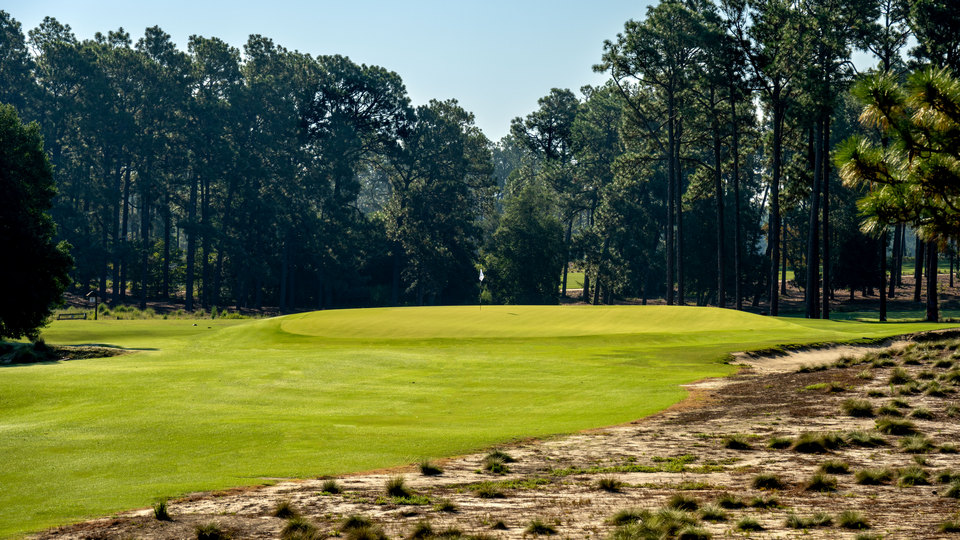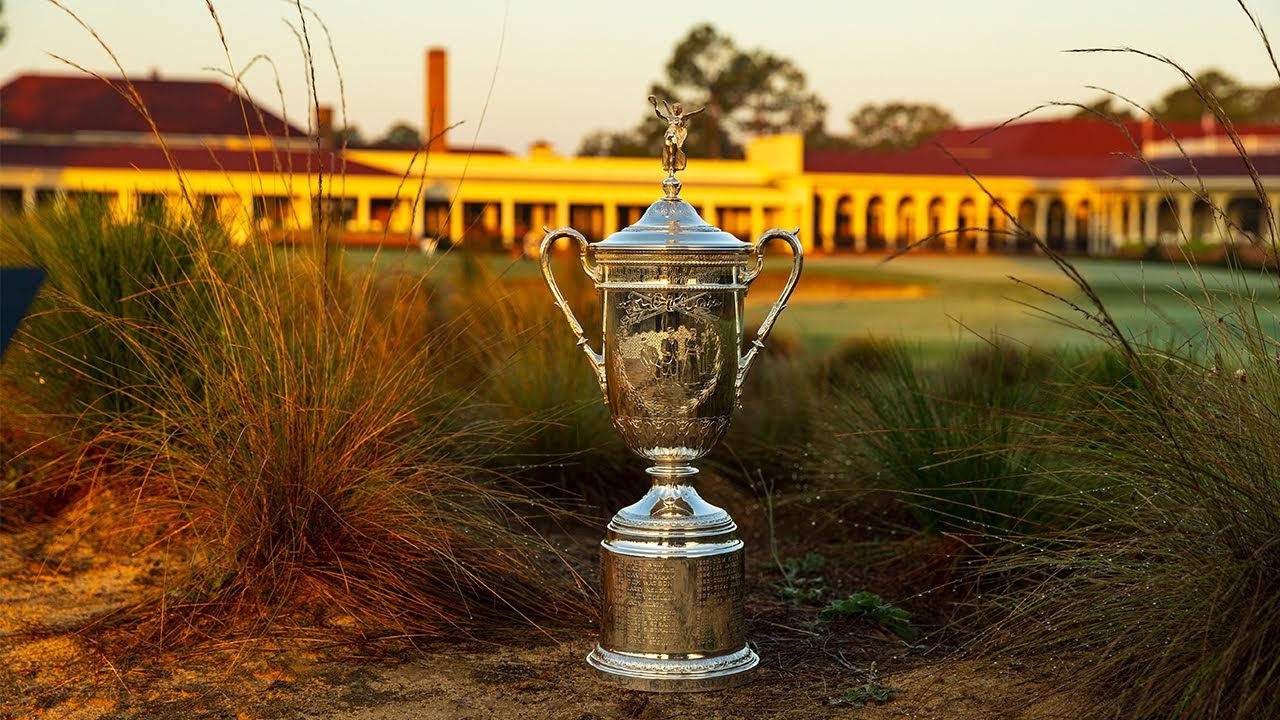PINEHURST, NC. While the main focus of any US Open is centred quite rightly on the players competing for the coveted title, the set-up of the host site is of equal concern.
The US Open is viewed by many as the most difficult of the four majors to win. Courses are scheduled years in advance and prepared with painstaking precision to provide the appropriate balancing act of two key words — tough and fair.
Entrusted with that specific task is the United States Golf Association (USGA), the organisation responsible for all facets of administration concerning the championship.
The association has admittedly fumbled the ball in past instances, causing players to bemoan the lack of awareness on how golf shots are rewarded accordingly and penalised appropriately.
In years past the annual intersection of the USGA and professional golfers at a US Open was akin to when the mongoose met the cobra. Professional golfers were not thrilled to face the embarrassment of a high score on a grand scale at a US Open and the pushback at times would reach with what the US State Department define as a “frank discussion.”
Given such past hiccups the USGA realised a more collaborative approach was needed and just several years ago hired former PGA Tour player Jason Gore to serve in the role as Senior Director, Player Relations. The function of that role was to provide a meaningful connection between the association and those playing professional golf at the elite level. Gore has since left that role and been replaced by another former PGA Tour player Scott Langley.
The association went further in welcoming former world-ranked number-one player Nick Price onto its Executive Committee in 2020. Such a move would have been unthinkable in the distant past.
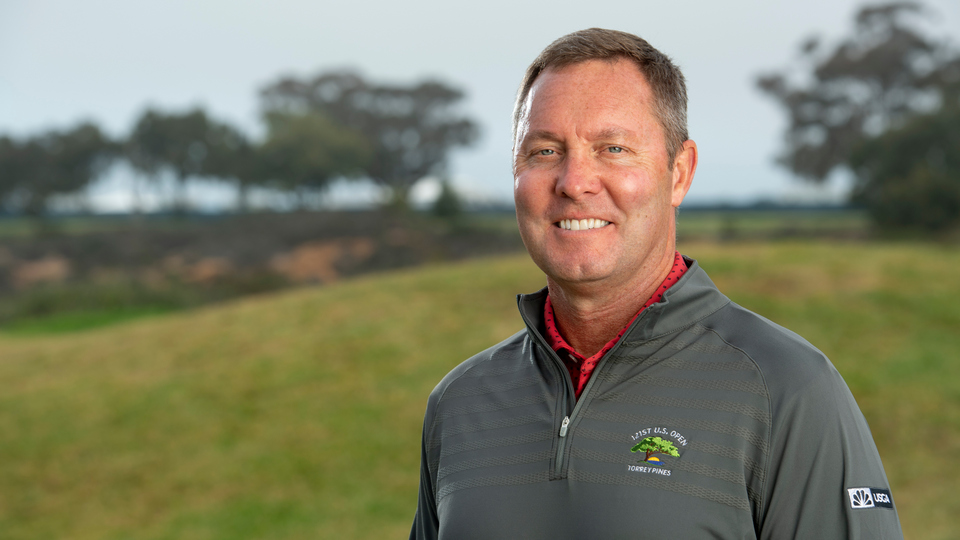
Price has since left the Executive Committee and been replaced by former two-time US Open champion and PGA Tour winner Andy North.
For many years the set-up of any US Open site was the sole province of the association and the concept of having a collaborative enterprise with professional golfers was not a consideration.
One can harken back to when Johnny Miller scored a final round 63 in winning the 1973 US Open at Oakmont. The very next year the pushback from the association was evident in a brutal course set-up of Winged Foot’s West Course. The word “massacre” was aptly applied with the winner Hale Irwin finishing the event with a 287 total (7 over par).
In response, Frank “Sandy” Tatum, then chairman of the championship committee for the USGA, uttered the most notable quote on what the USGA was seeking with any Open site:
“We’re not trying to humiliate the best players in the world. We’re simply trying to identify who they are.”
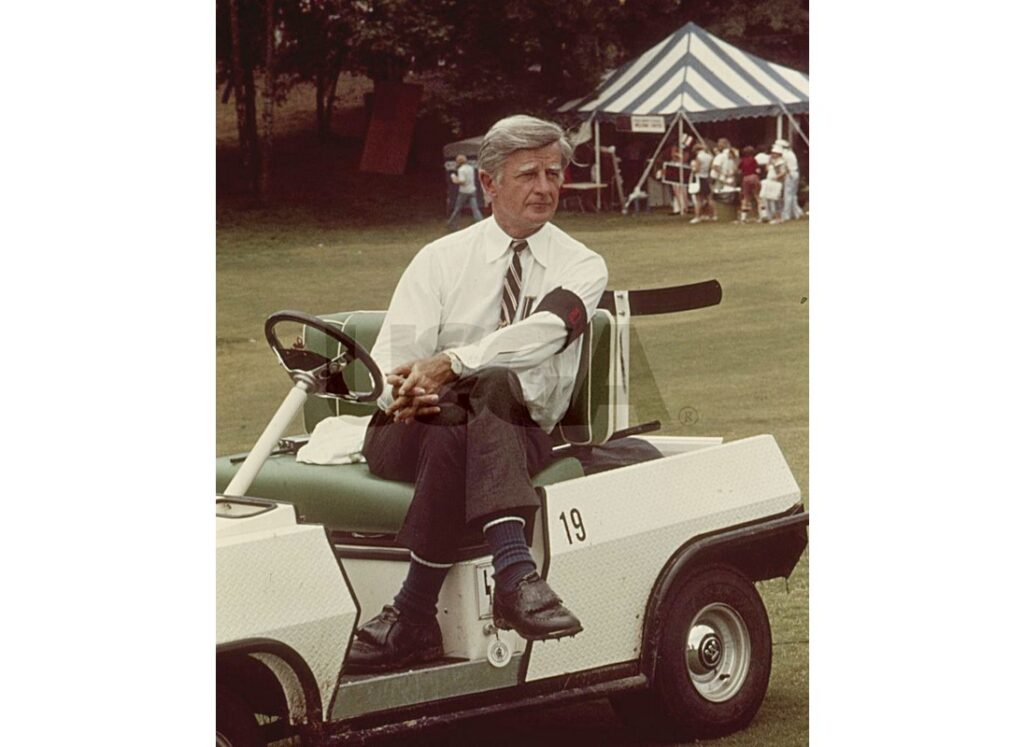
In the years that followed, other course failures happened. In 1998 the pin position for the 18th hole at The Olympic Club was placed in a rear-position causing golf balls to roll backwards akin to miniature golf.
In 2004, the USGA faced ridicule on how the par-3 7th at Shinnecock Hills was prepared for play. Balls could not hold and this necessitated having the grounds crew water the green while play was happening. The howls from players was deafening and the embarrassment for the club caused a frosty relationship to develop with the association in its aftermath.
Amazingly, after repairing the relationship the US Open returned to Shinnecock Hills in 2018 and despite insistence from USGA brass that no such repeat episode would happen another monumental error happened when Phil Mickelson, frustrated with his putt at the 13th, actually hit his ball while moving.
The USGA again faced criticism for how the course was prepared for the event and backpedaled with a final round set-up that was considered too soft for scoring.
But such matters are now in the past and proactive steps taken by the USGA have clearly resulted in a far different approach followed now.
John Bodenhamer, Chief Championship Officer for the USGA, addressed that topic in the association’s pre-championship press briefing.
“We pay attention. We listen to what the players are saying. We ask them questions. We have a number of the players that we really trust their opinion. They understand the architecture, they understand what we’re trying to achieve. So, we’ll seek their opinion. We don’t just sit back and wait.”
The “new” approach followed has clearly been impactful as current players now have a conduit to have their views expressed and for the USGA to explain the rationale behind the decisions made.
Bodenhamer elaborated further, “But what it does mean is we listen to players, we listen to their perspectives, we inform our decisions. But when we do make a decision, we explain what those decisions are. We are not looking to be everybody’s best friend, but we are looking to earn their respect, and part of that is coming to explaining the ‘why’ behind what we do.”
The US Open has always been a strong proponent in testing players to the maximum skill level possible.
The issue has always been about how far one can push the envelope without going so far as to minimise requisite skills and allowing random luck to be the ultimate arbiter.
“Our setup strategy is not very complicated, either. We want the players to get every club in their bag dirty. We want to give them choices, want to give them variety, give them angles. And we can do it all here”, said Bodenhamer.
“We endeavour to create firm and fast conditions because we believe the world’s best players can control their golf ball not only in the air but once it hits the ground and think about where to miss it not just where to hit it.”
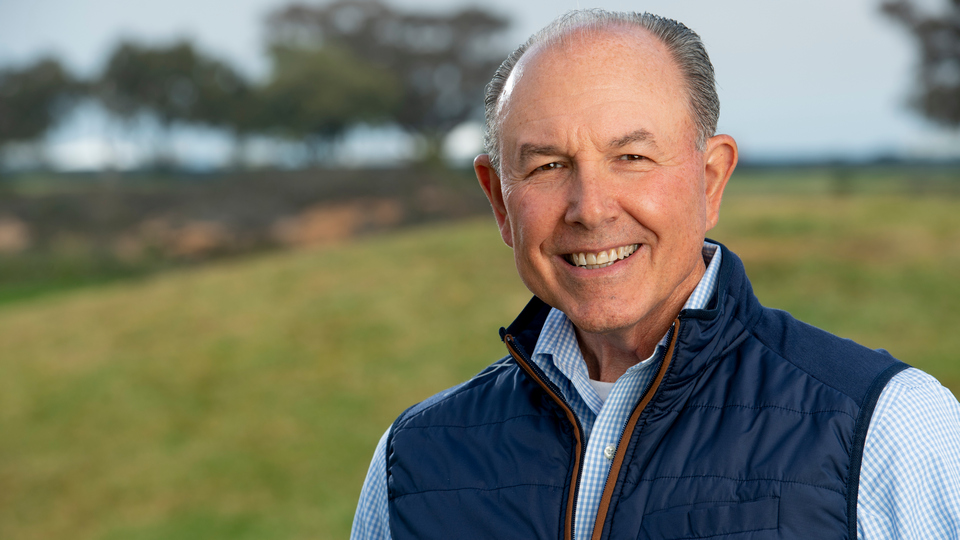
Pinehurst No.2 is making its fourth appearance as host for the national championship of American golf Having been held there in 1999, 2005 and 2014. The facility kick-offs this year its “anchor” role with future scheduled events happening in 2029, 2035 and 2041 and 2047.
Mike Whan, CEO for the USGA – stated it succinctly at the press briefing –
“I really believe that the majors play an important role in the ecosystem, and quite frankly carry a responsibility, and one of those is legacy, history, consistency, and in our case, it’s openness and providing opportunity.”
Credit the USGA in realising the stakes involved in how the US Open host site is prepared. The balancing act of “tough” and “fair” will never be an easy mixture. The collaborative approach demonstrates that only through thoughtful listening does meaningful learning take place.

Related: Will big four continue solid play at Pinehurst?
For the latest news in the golfing world, follow us on X (Formally Twitter).
